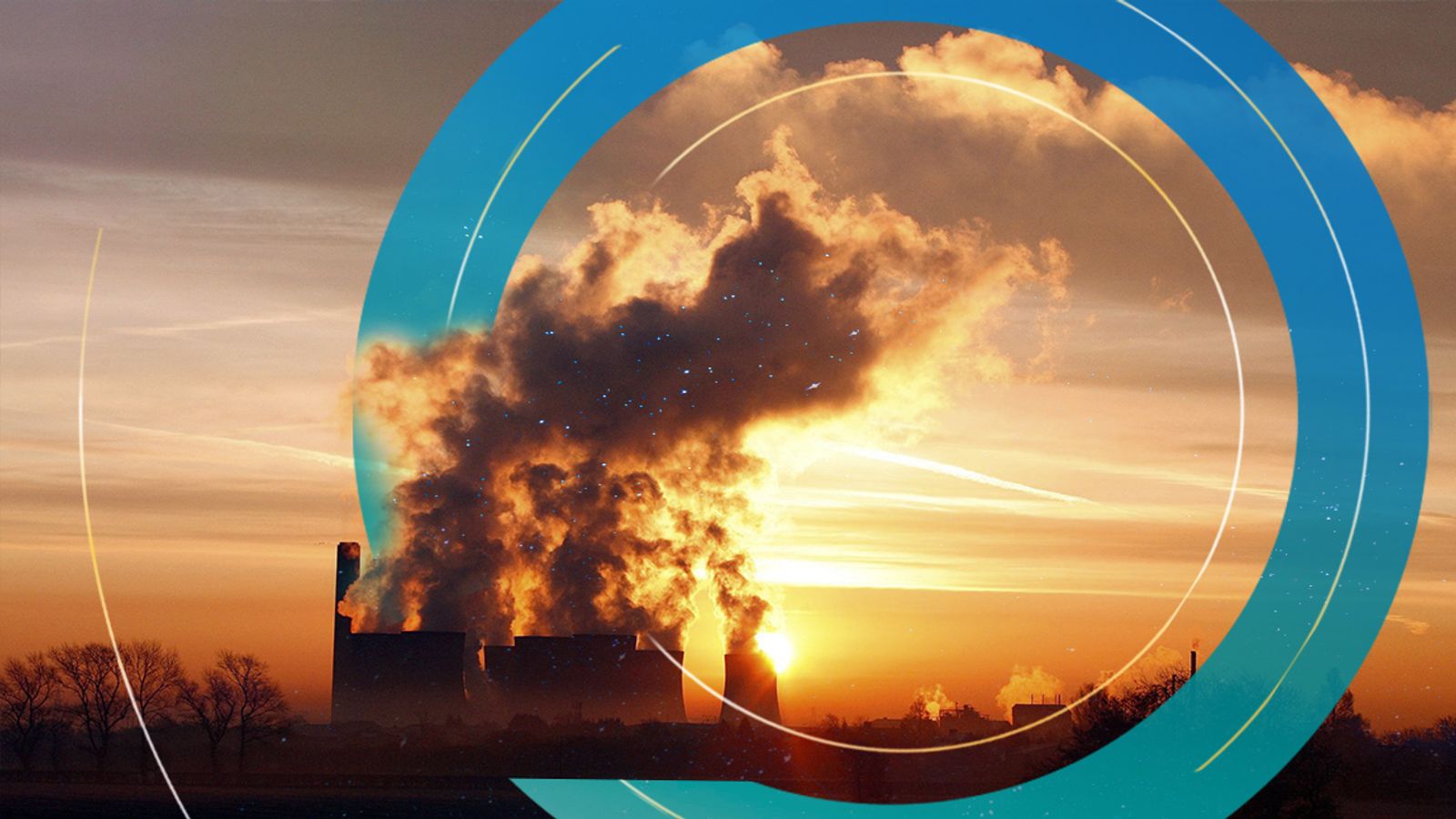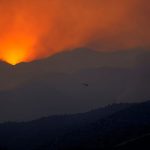For too long the science on global warming was ignored by governments and denied by the fossil fuel industry.
Now we are so close to tipping over into dangerous climate change that United Nations experts have warned action needs to be taken now or never.
It’s that urgent.
Please use Chrome browser for a more accessible video player
The scale of what needs to be done is daunting.
Halving our greenhouse gas emissions from 2019 levels in just eight years will mean big changes.
Some are already happening behind the plug, largely unnoticed.
Our electricity supply in the UK is rapidly moving towards renewable technologies, helped by a dramatic fall in cost in recent years.
Energy prices: What happens next?
ClimateCast: UN climate report author and a focus on India
ClimateCast: ‘Half of humanity in danger’
Read more: Are wind farms the answer?
Please use Chrome browser for a more accessible video player
But there is no escaping that in the future there will be more direct impacts on the way we lead our lives.
What we eat, the way we heat, the way we drive.
All will need a green make-over, according to this report.
But even leaving oil and gas in the ground is no longer enough.
1.5C target likely to be missed, experts say
It looks highly likely that we will sail past the 1.5C threshold seen by scientists as the safety limit.
Somehow we have to remove from the atmosphere the emissions of the past – if we are to stabilise the climate.
Nature can help.
Forests, marshes and peat bogs are a sponge for carbon dioxide.
Their value is often overlooked, but they can make a critical difference.
The scientists say technology to capture and store carbon will also be needed.
Read more: Rising gas prices make the case for more onshore wind
Nothing is off the table
It’s inefficient and expensive for now.
Some people doubt it can be done at the scale required; others fear it will be used by the fossil fuel industry as a get-out-of-jail-free card.
But the UN report is clear that nothing is off the table now, such is the urgency.
Speak to the authors and they haven’t given up hope.
They say the text agreed by 195 governments is the toughest they’ve ever seen.
Their hope is that when world leaders meet in Egypt later this year for the next climate summit, it’s a handbook for what needs to be done.






















